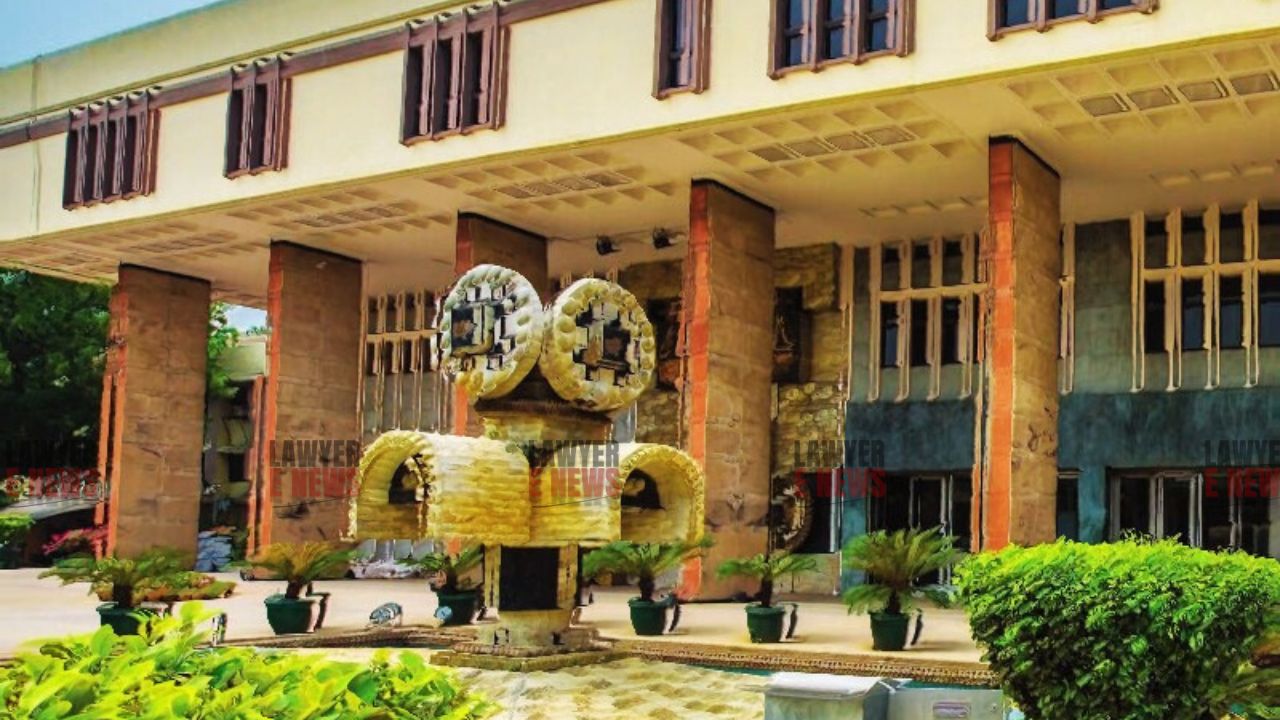-
by Admin
15 February 2026 2:36 AM



Delhi High Court, presided over by Justice Vikas Mahajan, granted bail to petitioners Adnan Nisar, Shivang Malkoti, and xxx in the case of Adnan Nisar v. Directorate of Enforcement, Bail Appln. No. 3056/2023. The case involved charges of money laundering related to cross-border cryptocurrency theft, under the Prevention of Money Laundering Act, 2002 (PMLA). The bail was granted on the ground that the Enforcement Directorate (ED) failed to establish a prima facie link between the alleged predicate offence in the U.S. and a scheduled offence under the PMLA, citing the need to prove foreign laws through expert evidence.
The case arose from a Mutual Legal Assistance (MLA) request received by the ED from the U.S. Department of Justice, accusing xxx of involvement in cryptocurrency theft and money laundering. The ED initiated proceedings in India under Sections 3 and 4 of the PMLA, alleging that the stolen cryptocurrencies were transferred to accounts in India, including those of xxx , through platforms like WazirX.
The ED contended that the offences committed in the U.S. were equivalent to scheduled offences under Indian law, such as fraud under the Information Technology Act, 2000, and the Indian Penal Code (IPC). The petitioners sought bail, arguing that the ED had not provided sufficient evidence to prove that the foreign laws corresponded to scheduled offences under the PMLA.
The key legal issue was whether the alleged offences under U.S. law could be treated as scheduled offences under the PMLA, and whether the ED had met the twin conditions for bail under Section 45 of the Act.
Foreign Law as Predicate Offence: The ED argued that the U.S. statutes under which Moral was accused corresponded to Indian laws. However, the court noted that foreign laws cannot be judicially noticed and must be proved as facts through expert evidence. Citing Hari Shanker Jain v. Sonia Gandhi and Mundipharma AG v. Wockhardt Ltd., the court held that U.S. laws could not be presumed without evidence.
“Foreign laws are not included under Section 57 of the Evidence Act, 1872, and must be proved like any other fact,” the court emphasized, noting that the ED failed to provide expert testimony or evidence of U.S. laws corresponding to Indian scheduled offences.
Incriminating Evidence and Admissibility: The ED presented WhatsApp/Telegram chats and statements recorded under Section 50 of the PMLA as evidence. However, the court found that the statements recorded post-arrest were inadmissible under Section 25 of the Indian Evidence Act. Additionally, the court observed that the WhatsApp/Telegram chats lacked scientific corroboration, referring to Bharat Chaudhary v. Union of India.
“WhatsApp messages, being virtual verbal communications, are matters of evidence that must be proved during trial through cross-examination,” the court noted.
Proceeds of Crime: The court found that the ED had failed to establish a prima facie link between the proceeds of the alleged crime and a scheduled offence. Without this, the ED could not shift the burden of proof onto the petitioners under Section 24 of the PMLA.
The court also considered the petitioners' prolonged custody—over 16 months—without trial proceedings commencing, invoking the principle that "bail is the rule and jail is the exception." Citing the Supreme Court’s rulings in Vijay Madanlal Choudhary v. Union of India and Manish Sisodia v. Directorate of Enforcement, the court emphasized the importance of safeguarding the petitioners’ right to liberty under Article 21 of the Constitution.
"The rigors of Section 45 of the Act can be relaxed in cases of prolonged pre-trial incarceration, where there is no likelihood of a speedy trial," the court observed.
The court granted bail to all petitioners, setting conditions such as furnishing personal bonds, reporting to the investigating officer, and restrictions on travel. The judgment clarified that the observations were limited to the bail applications and would not affect the merits of the case.
Date of Decision: September 17, 2024
xxx v. Directorate of Enforcement
